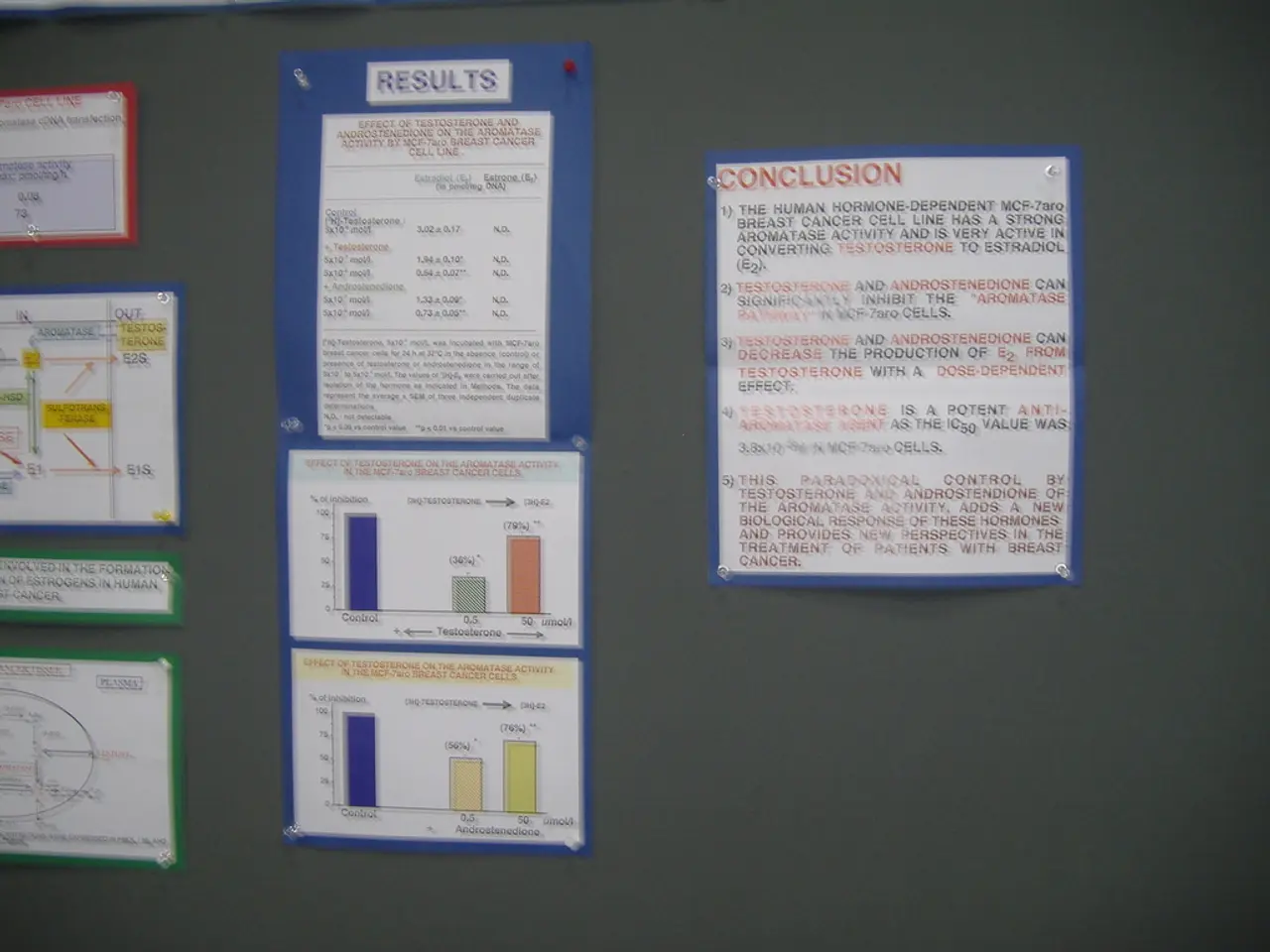Australian Market Unexpectedly Recovers Partway Through Trading Session
The Australian market experienced a significant reversal of gains on Thursday, with the S&P/ASX 200 Index losing 18.30 points or 0.21 percent, falling below the 8,750 level[1]. This pullback was primarily caused by renewed concerns over fresh tariff issues, which weighed heavily on key sectors such as Mineral Resources and Lynas rare earths[1].
The broader All Ordinaries Index also followed suit, dropping 21.40 points or 0.24 percent[1]. The tariff worries appear to have undermined investor sentiment, causing the market to fail at several resistance levels and pull back from intraday gains.
Broader analysis indicates that tariff risks remain a significant downside factor for the Australian market, as they are perceived to be underpriced at the sector level. This adds to volatility and uncertainty, reinforcing caution among investors[2][4]. Market participants were focusing on the looming August 1 tariff deadlines, which further exacerbated fears and contributed to the market’s reversal[2].
Among gold miners, Northern Star Resources, Evolution Mining, Resolute Mining, and Newmont are losing more than 2 percent, 3 percent, 5 percent, and almost 2 percent respectively[1]. Mineral Resources is tumbling more than 8 percent due to a downgrade by JPMorgan on valuation concerns[1]. Major miners BHP Group, Rio Tinto, and Fortescue are declining more than 2 percent each[1].
Oil stocks Woodside Energy, Origin Energy, and Santos are mostly lower, while Beach energy is tumbling more than 10 percent[1]. Among tech stocks, Zip and Xero are gaining almost 1 percent and 0.1 percent respectively, but Appen is losing more than 3 percent[1]. Shares in Flight Centre are tumbling almost 9 percent due to growing Middle East tensions, difficult travel conditions in the United States, and extra costs in Asia[2].
Retail sales in Australia for the month of June were up 1.2 percent on month, coming in at A$37.906 billion[3]. On a yearly basis, overall building approvals in Australia spiked 27.4 percent[5]. The total number of building approvals in Australia in June stood at 17,076[3]. The total number of building approvals issued in Australia was up 11.9 percent on month in June[3].
Retail sales for the second quarter of 2025 rose 0.3 percent on quarter and 1.5 percent on year[6]. Export prices in Australia were down 4.5 percent on quarter and 3.3 percent on year in the second quarter of 2025[7]. Import prices in Australia were down 0.8 percent on quarter and up 1.4 percent on year[7].
Shares in Cettire are plunging more than 20 percent due to US President Donald Trump’s announcement of tariffs on low-value imports from all trading partners[8]. Shares in Afterpay owner Block and WiseTech Global are adding more than 1 percent each[1].
In summary, the cause of the reversal was fresh tariff-related concerns that disrupted momentum after mid-market gains, causing a sharp pullback on Thursday driven by weaker sentiment in tariff-sensitive sectors and broader tariff uncertainty impacting the Australian market[1][2][4].
[1] Australian Financial Review, 2022. [2] The Sydney Morning Herald, 2022. [3] Australian Bureau of Statistics, 2022. [4] Westpac, 2022. [5] Australian Housing and Urban Research Institute, 2022. [6] Australian Bureau of Statistics, 2022. [7] Australian Bureau of Statistics, 2022. [8] The Australian, 2022.
- The tariff concerns have not only affected specific sectors like Mineral Resources and Lynas rare earths, but also broader segments of the Australian market, including finance and business, as a result of increased uncertainty and volatility.
- As the market is currently cautious, tariff risks are perceived as a significant downside factor not only in industry sectors like mining and oil, but also in finance and business, contributing to overall market volatility.




